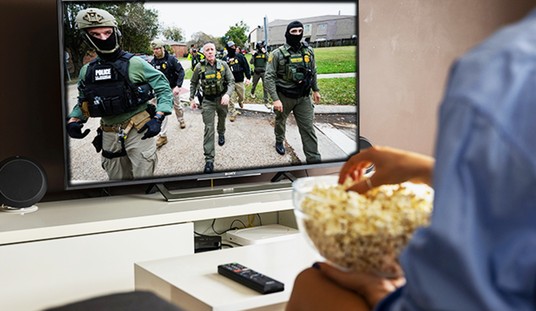Suddenly, I am tremendously tired of Advent.
This is new. For years, I have written about how much I love this first season of the Christian church year, and of how Advent warms my heart in some ways more than Christmas itself does.
By nature an optimistic person, I am prone to enjoy the hope and the anticipation almost as much as the delivery and consummation, not just in faith but in everyday life.
But today when I read this week’s generally suggested readings (for most “mainline” churches), I was left feeling rather cold. The desert blooming, blind seeing, deaf hearing, blah, blah, blah. The coming of the Lord, justice for the oppressed, kingdom of heaven greater than anything on Earth, blah blah. We’ve heard it all before; we know what it’s supposed to mean; we’ve seen plenty of little redemptions along the way that give a preview of the larger redemption to come – and we know the big one is going to be tremendous, huge, the biggest and best ever, believe it.
Our souls are going to do SO MUCH WINNING that we’re just gonna love it, it’ll be beautiful, believe it.
In an age of big talk, extravagant promises, the art of the over-sale, the lack of subtlety or humility or restraint, Advent’s promises – quiet and soulful, although ultimately richer in things that matter than any other promises we’ll ever hear – seem like mere weaker versions of so many Times Square video boards or politicians’ carnival-barking routines.
For the first time, I actually find myself sympathizing with Lucy Van Pelt saying to Charlie Brown: “Let’s face it. We all know that Christmas is a big commercial racket. It’s run by a big eastern syndicate, you know.”
Worse, because we’ve already seen “A Charlie Brown Christmas” about 43 times, we’re even becoming immune (mostly) to the charm and inspiration of Linus taking the stage to tell us “what Christmas is all about.” When we already emotionally discount the very path out of cynicism, well… that’s like being in a wilderness that doesn’t bloom.
But that’s okay.
Next page: Find out why
God understands this, too. God understands when we sometimes lose a capacity for wonder and an openness to joy. He understands the emptiness of the doldrums.
It is specifically for those situations that Isaiah tells us to “Strengthen the weak hands, and make firm the feeble knees. Say to those who are of a fearful heart, ‘Be strong, do not fear! Here is your God. … He will come and save you.’”
Of course, that promise, too, can sound like so much blah-blah-blah, yadda-yadda-yadda. The difference here, though, is that just by virtue of acknowledging that our hope and faith can figuratively be the equivalent of “weak hands” and “feeble knees,” the prophet at least meets us where we are rather than where a spiritual taskmaster might demand that we be.
And at the risk of sounding like a 1970s self-help book, that’s okay.
After all, as the Gospel of Matthew reminds us, even John the Baptist, once thrown into prison and thus brought low, succumbs enough to uncertainty to feel obliged to send word to Jesus asking Him if He, Jesus, is indeed “the one who is to come.” This is after, of course, John has previously been emboldened to declare as a certainty that Jesus was, unambiguously, The One.
So if even John, after proclaiming the Lord’s coming, experienced momentary questions, surely we are allowed to be left unenthused by an Advent we intellectually understand but which spiritually finds our fields momentarily fallow.
It remains for us to try to shut out all the noise and hype and make room for God to do at His own pace what we cannot force our own souls to do on a calendar not of our own making.
Linus reminded us that the shepherds around Bethlehem were terrified (or “sore afraid”) when told of the coming of the Lord. If they can get over their terror, surely we can, with God’s help, overcome mere cynicism and boredom.
Quin Hillyer is a veteran conservative columnist. He has an undergraduate degree in Theology from Georgetown University and has served for years in various forms of ecumenical lay leadership.









Join the conversation as a VIP Member